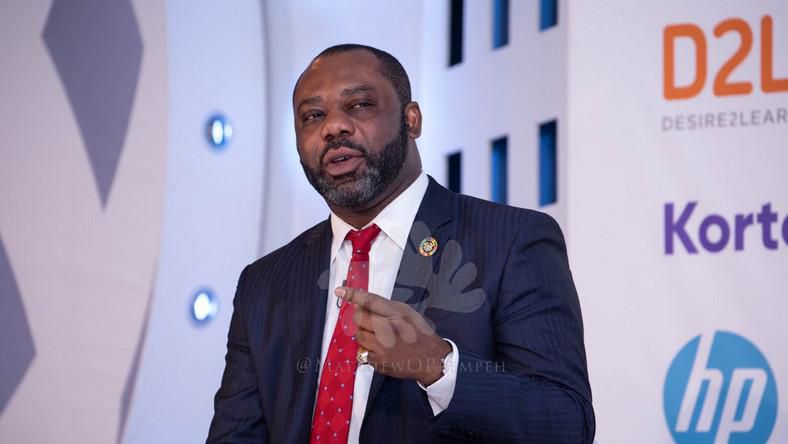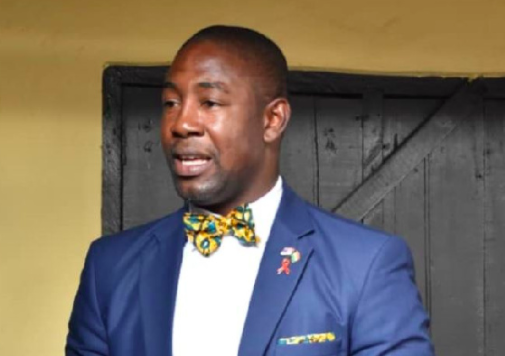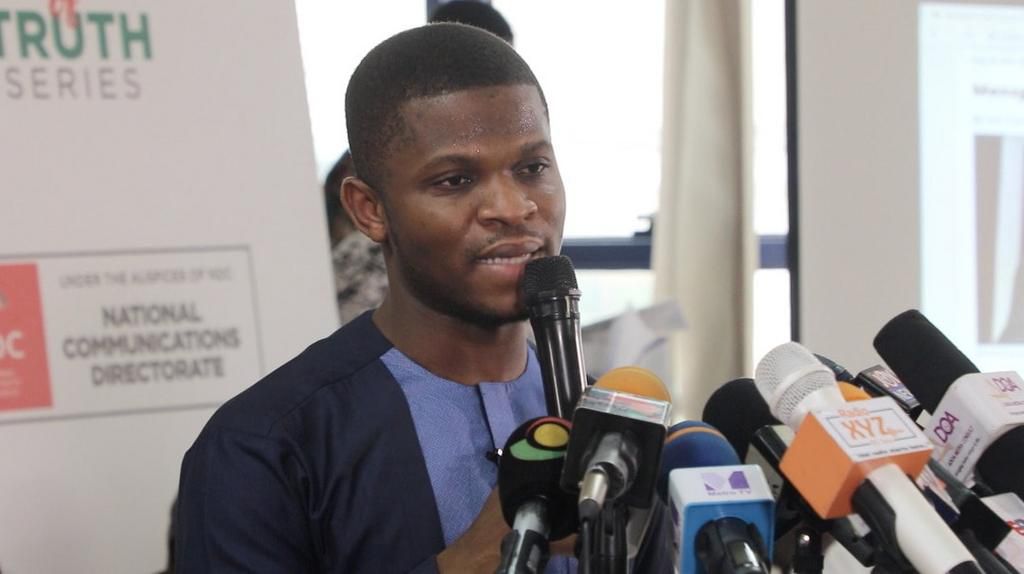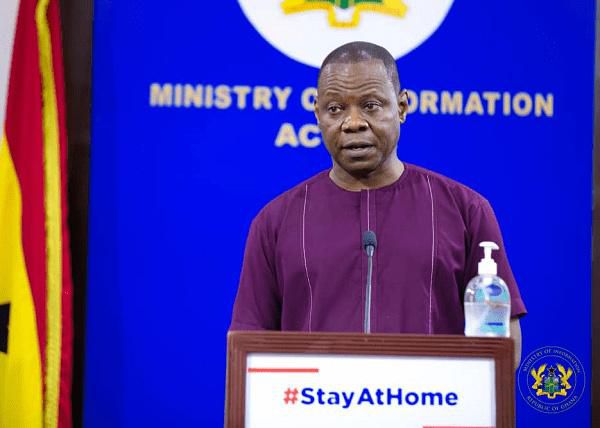Calls for re-closure of senior high schools in Ghana, a right one?
)
President Nana Addo Dankwa Akufo-Addo in an address to the nation on Sunday, May 31, announced the partial opening of schools. He said: “Final-year university students are to report to their universities on 15 June, final-year senior high school students, together with senior high school 2 Gold Track students, on 22 June; and final-year junior high school students on 29 June”.
As part of the directive, university lectures will take place with half of the students usually making up the full class size, final year junior high school classes will comprise a maximum of 30 students and senior high school classes a maximum of 25 students.
However, since the detection of COVID-19 cases at Accra Girls Senior High School earlier this month and other senior high schools across the country, there’s been a palpable tension between the government’s coronavirus management team and some parents of students as well as political opponents on what should be done to protect them.
The president, in one of his televised addresses assured parents of government’s willingness to protect their children. He said government, in consultation with the Conference of Heads of Basic Schools and Regional and District Directors of Education and Health, had put in place the relevant measures to safeguard the lives of their wards and teachers.

"I assure all parents and guardians that Government will not put the lives of seven hundred and fifty thousand (750,000) students, teachers and non-teaching staff, who will be returning to school from tomorrow, at risk.”
But with the surging number of cases in the country and the continuous detection of new cases in different high schools across the country, are these students supposed to stay in school?
The answer is an emphatic yes, according to government officials managing the coronavirus pandemic in Ghana. As part of the arguments why it will be dangerous to let the students return home, Dr. Bernard Oko Boye, a Deputy Minister of Health posits that everyone is exposed to the virus and people can only protect themselves from contracting the disease by adhering to the laid down preventive protocols.

He said: “The advice I can give as a public health person is that when you pick your child from school and say you are taking your child home, remember the virus is at home, the virus is at the workplace and the virus is on the street. The best bet is to take care of yourself because your child might actually be exposed more.”
“Imagine if you have a parent who is a taxi driver who comes across 200 people before he goes home or imagine a parent who sells at Makola or myself who moves from one hospital to the other, the virus is around. We all can expose our kids. That’s why all of us must take care of ourselves so we don’t carry the virus home,” he added.
Dr. Kuma Aboagye, the Director General of the Ghana Health Service shared a similar opinion. He argued that the re-closure of schools now is untenable as that poses a serious threat to the lives of the students.
He said it’s better for them to remain in school so that when a case is detected it will be isolated and treated. To him, life must still go on despite the presence of the disease.
“We ought to learn to live with the virus…we should find means of living our normal lives despite the virus being around and that is what we are doing…,” he said.
All these arguments, however, contradicts the alacrity in which statesmen and state institutions have shut down their offices in the last few weeks due to few positive infections.

Proponents of the closure of schools and the cancellation of the West African Secondary School Certificate Examinations (WASSCE) say if state institutions can shut down due to some few cases, why are kids being ‘forced’ to stay in school and write an examination despite some of their colleagues testing positive.
They also make the case that most of these students will live in trauma which won’t augur well for their mental state for a critical examination like the WASSCE.
The National Communication Officer of the main opposition National Democratic Congress (NDC), Mr. Sammy Gyamfi in a press conference in Accra pointed to other West African countries that have shut down schools and canceled the WASSCE for this year.

“As we speak, Nigeria, a major participant in the WASSCE exam has rescinded its decision to reopen schools, while Kenya has also decided to close schools until 2021. We urge President Akufo-Addo to prioritize human lives over electoral fancies”, he said.
With the non-testing of students before schools resumed, some heath experts have warned that positive cases are expected to rise. They think some of the students have already been infected from their homes before going to school, therefore, the lack of testing will make it difficult to halt the spread among them.
But, according to the government, it is near impossible to test over 800,000 students across the country. Dr. Oko Boye said the testing of all African countries combined since COVID-19 stands at 900,000, therefore, that will be too high a herculean for the country.
It looks like government is resolved to see this batch of students write their examinations successfully, and with it being set to start from Monday, July 20, calls for re-closure of senior high schools across the country will likely not materialize.

)
)
)
)
)
)
)
)
)
)
)
)